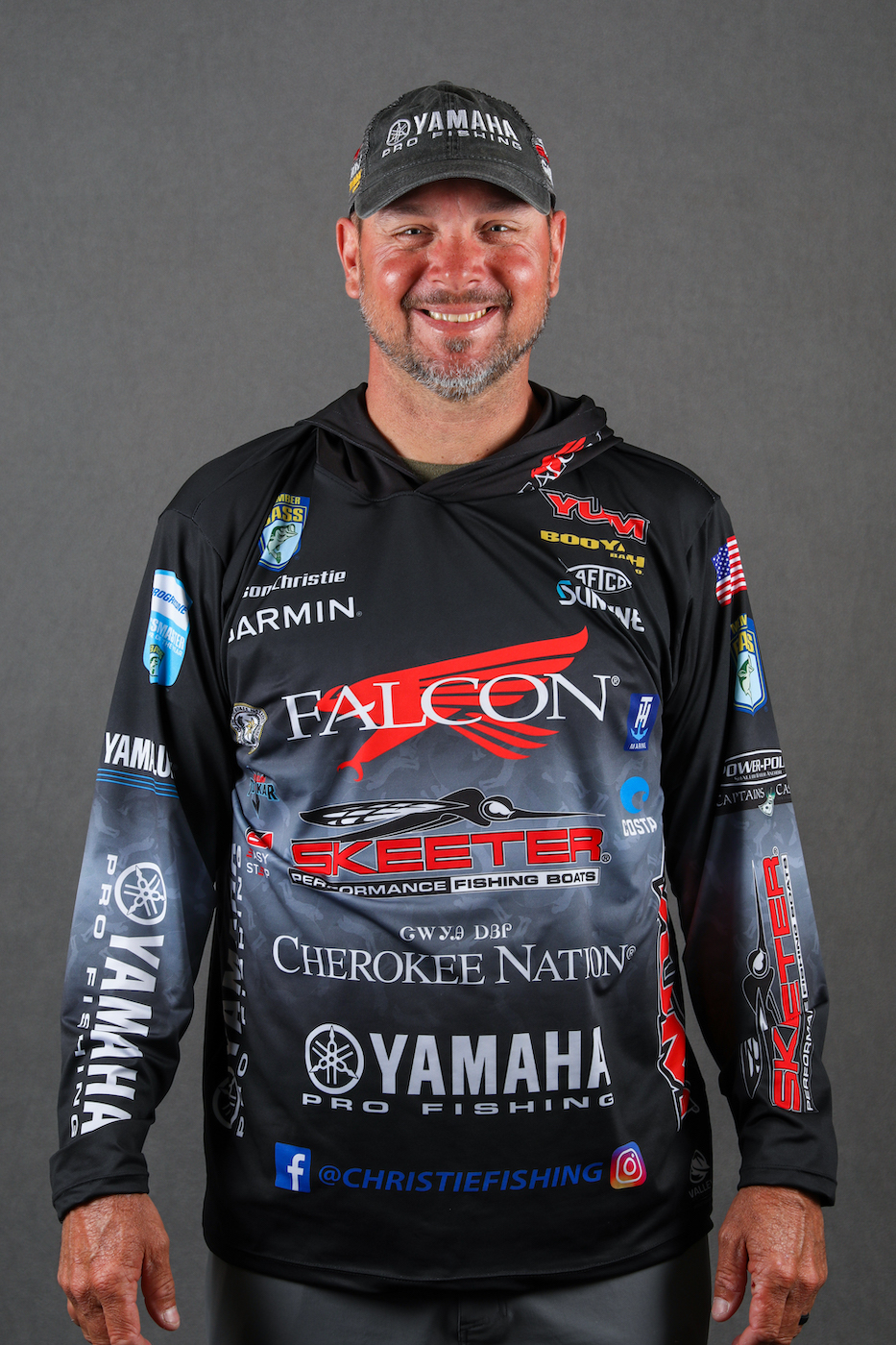Any pro fisherman will tell you that things don’t always go well on the water. However, experience has taught me that things go much better when I’m well prepared.
Research, lake study and mental preparation are all part of this, but for me, the most important step is organization. If you ask the folks that know me best, they’ll tell that this is a big deal for me. I like to know where all my tackle, tools and accessories are at all times, because the less time I spend looking for something, the more time I can be fishing, or addressing other parts of the preparation process.
I base my organization on a modular approach to carrying my gear in the six to eight totes in the back of my truck. Starting with baits, one of those totes has all the soft plastics I use, while another one holds the extra Plano tackle trays of lures that I will use based on the lake I’m fishing.
If the Elite Series is going to a deep cranking lake, I can pull that deep crank box out of that tote and put it in my boat. Then, I can take a frog box out and stick it in the tote. This system gives me a lot of flexibility so I can interchange according to the lake.
I use another tote for all the tools I may need for a flat tire repair (floor jack, socket for truck and boat) and any other repairs and adjustments. It seems that every piece of equipment has a different size or a different kind of tool that you need to work on it, so I keep all those tools in the tote. I’ll keep a battery charger, electrical tape, duct tape – anything that I think I may need during a day on the water.
I have one tote with parts for the boat like extra transducers, extra pipe clamps – and you can’t have enough zip ties. It seems like I buy 1,000 zip ties a year and I still don’t have enough.
I even keep a particular box of items I need specifically for Northern events. Because of the safety concerns over rough water, you need things like an extra-long rope, an anchor, a flare gun and a red signal flag. Whenever we go to a lake up north, I don’t have to dig that stuff out. All I have to do is pick up that box out of my truck and put it in my boat. It takes me 5 seconds and it takes some guys 2 hours to go to Bass Pro Shops and buy all that stuff.
On the subject of safety and protection, I carry a lot of fishing line with me for all the respooling I have to do on the road. I keep all my spools of Sunline in a tote and wrap this container in a beach towel to moderate the temperature so the line is never compromised by the heat or cold.
While I’m fishing and anytime I’m in the public eye, it’s important for me and my sponsors that my equipment is clean and presentable. That’s why I devote one of those storage totes to cleaning supplies.
I carry a big sponge, dish washing soap for cleaning, spray wax, clean towels, and ammonia-free glass cleaner for my electronics. I also keep a couple of clean towels in my boat for cleaning sunglasses and I’m also thinking about getting a small Shop Vac to clean my boat carpet. I like to pick up all those little pieces of line and wood so they don’t go down the drain where they clog up the bilge pump and cause a problem on the water.
One thing that I should point out is that this attention to preparation is not only important for professional fishermen. On many occasions, I’ve been out on the lake and somebody comes over to me and they need something really, really simple such as a sheer pin for their trolling motor or an extra trolling motor prop or a gallon of oil. It would have ruined their day of fishing, but it was something that I always have.
I can’t tell you how many times I’ve saved somebody’s day with jumper cables. It’s something simple, but it makes a difference because of being prepared. Even for weekend anglers, being organized is going to save a lot of headaches in the end.
These are things to do when you get those days when you can’t do anything else. It’s 10 degrees and you’re stuck inside. That saves the pretty fishing days for fishing instead of fixing something.
One of the things I do when I’m deer hunting in the fall or preparing for the season, I keep a list of what I need and whenever I think “I might need this,” I’ll add it to the list. If not, I’ll forget it and then when it’s time for me to leave at the beginning of the year, I just go down that list and make sure I have everything.
Here’s the bottom line: I feel like organization is a big part of what I do. When it all boils down, time – whether it be time in practice or time in tournament – is a resource that you have to manage. All in all, it’s an 8-hour tournament and if you can make it seem like a 9-hour tournament just for you, you’re going to have an advantage.
During the day, if you can take away some of that time that’s wasted by sharpening hooks or looking for items, then you’re gaining an advantage on your competitor.
Time equals more casts and more casts equals more chances to catch fish and more chances to catch fish equals higher placement in a tournament.





